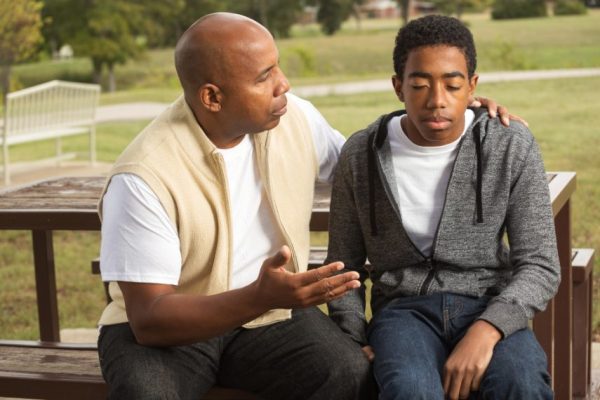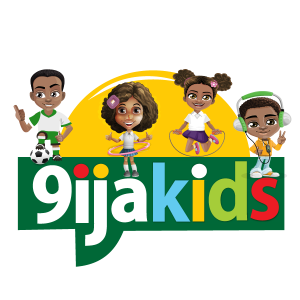The more I attend parenting and education seminars and conferences, the more amazed I am about the realities and challenges around parenting the 21st Century child. One of such issues is addiction and substance abuse (be it alcohol or drugs). Pre-teen children aged 10, 11 and 12 are sniffing fuel, bleach, methylated spirit and gum to get “high”. Yes, to get high. The recent codeine addiction issue in Nigeria was also an eye opener. These things are really happening here in Nigeria, it is no longer what we hear happening in faraway England or America and as parents we don’t have to sleep on it. Addiction is real and it’s important we start early to educate our children about it. Never say “my family is immune” or “God forbid”. What are you “intentionally” doing to prevent it?
Here are few tips to get you started:
- Kick off discussion from age five
Pre-teen is the age when children start to “experiment” with drugs and alcohol. Since prevention is better than cure, the best time to start educating them is way before this age. Recommended age to jump start the discussion is from 5, when you are still the “knight in shining armour” and peer pressure is not yet a major factor. Start with when you administer any drug to them, be deliberate about letting them know why they are being given the drug and that it was prescribed by the doctor/pharmacist. Teach them never to take any drug without your supervision and drugs are to be taken according to doctor’s prescription. They must know it’s dangerous to take someone’s else medicine even if they have the same issue and its never okay to take more than the recommended dosage.
- Don’t assume they know the dangers of addiction
Two assumptions to never make – One is that it can never happen to me and the other is that they already know it’s bad for them. Most people think it’s only when you take or use a lot and repeatedly that makes you addicted. But the truth is that for some, all it takes is a single taste. You need to spell it out and ensure that your child understand the risk of a single taste as well as the dangers of drug and alcohol abuse. Your child must understand the alcohol impairs judgement like driving under the influence can lead to deadly car crashes, fine and even jail time. Substance abuse can result to failure in school, poor quality of life, alienation from family, mental illness, etc. However, make sure you don’t use scare tactics like– “take drugs and you will die.”
- Discuss peer pressure
One of the most common reasons why children take drugs or alcohol has been traced to peer pressure and the need to belong. Building your child’s self-confidence is very important. Let your child know its okay to be different and they don’t need to please others. Teach them strategies to say NO and do several roleplays to equip them to turn down drugs and alcohol when they are offered. It is also important that you know your child’s friends. Children who have friends who use drugs are more likely to try drugs themselves.
- Be honest about your experience
Several parents can relate with peer pressure to do stupid things as well as challenges with alcohol and drugs use. Kids today are now informed compared to our own days. They are more likely to ask ‘’has this ever happened to you ‘’., ‘’have you done this’’. Be honest and explain the mistake you made and how you realised it was not as cool as it is made out to be. Let them know “I did, and that. The experience was bad, that’s why I am telling you now that I know and understand better’’. Let them know you don’t want them to make the same mistakes you did.
- Allow them ask questions and let the conversation evolve
If you have a child approaching the teen age or already a teenager, experts advised parents not to be in denial about how much their child are being exposed to about substance and drug addiction. It is present either in their school or they’ve read or seen it online. Start by asking “What do you think about drugs and alcohol? “Do you think it is dangerous and bad? Why do you think so?” “You heard some athletes use steroids to improve their performance, what does he think about this?”. Try to be open minded and non-judgemental. You need to show them you are interested in an honest response and you are ready to listen.
- Don’t make it one day conversation.
Drug and substance addiction conversations should be reoccurring. As your child gets older, the pressure increases so it’s important to keep talking about it. Always seek opportunities to discuss the dangers of addiction. For instance, when watching a movie that shows people suffering from hangovers or people leaving in the streets due to drug abuse. It is also important to stay educated on new drugs and schemes that are used to get kids addicted.

On a last note, it is important you continue to be involved in your child’s life. Be intentional about creating a safe and warm environment that allows them to strive. Staying connected and open minded encourages your children to come forward with their fears and concerns which could minimise the possibility of turning to drugs and alcohol addiction.


